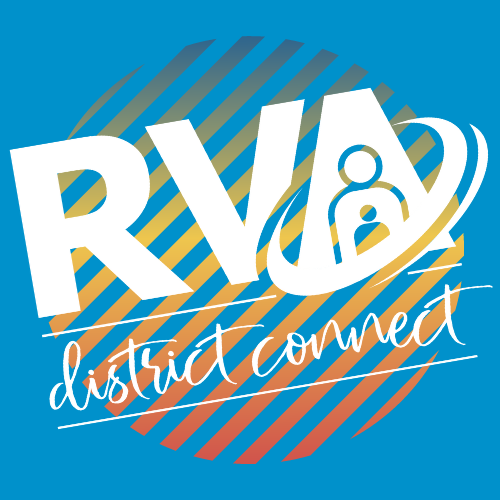NCAA Approval Process Guide
NCAA Eligibility Center Background
NCAA regulations, established by NCAA colleges and universities, mandate that all incoming student-athletes achieve a specified academic performance level and maintain their amateur status before entering college. The Eligibility Center collects data from high schools, sport-sanctioning bodies, and high school student-athletes to make eligibility decisions. The Eligibility Center recognizes that the high school and its employees are an essential part of the certification process.
NCAA Approved courses provided by Rural virtual academy
Rural Virtual Academy has gone through the approval process for these courses. While these courses are NCAA approved, your district will still need to work through the Local Program approval process.
Local Program Information
NCAA Approval Process
The NCAA approval process is the responsibility of each school district or local program. Each district that employs teachers and awards credit is directly responsible for submitting their courses for NCAA approval.
Each partner district is responsible for working with the Eligibility Center to establish its list of approved courses.
The NCAA Eligibility Center requires verification of the academic level of the course and the student’s performance in the course. Your district should be prepared to provide supporting information about the student’s performance in the course upon request. The ultimate responsibility for student-athlete eligibility rests with the local school district and the student-athlete.
NCAA Administration/Coordinator
NCAA Eligibility Center High School Portal
NCAA Student Eligibility Center
NCAA Guide for the College-Bound Student-Athlete 2024-25
Changes to NCAA Core-Course Legislation and Process
In 2024, NCAA Divisions I and II voted to change the NCAA’s core-course legislation. There is no longer a separate set of requirements for nontraditional courses. The updated requirements are effective for core-course reviews occurring on or after August 1, 2024.
Resources:
UPDATE REQUIREMENTS: Policies and Procedures 2024-25 > Procedures for High School Course Review
NCAA Nontraditional Courses
For nontraditional programs/schools NOT affiliated with a traditional school, the courses must still go through the review process and meet the following requirements to be approved:
The courses must meet NCAA core-course requirements.
The courses must feature ongoing and regular teacher-initiated interactions aimed at teaching, evaluating, and offering assistance throughout the course This may include synchronous or asynchronous instructive interaction, including emails, videoconferencing, online chats, phone calls, and feedback on assessments.
The courses must have a defined time period for completion. This means the nontraditional program must identify the fastest and slowest paths to successfully complete a course (i.e., maximum and minimum time frame for completion).
A nontraditional course could fail to meet NCAA core-course requirements for any of the following reasons:
Does not require regular and ongoing instructive interaction between the student and teacher throughout a course.
Does not require students to complete the entire course.
Allows students to take numerous courses at the same time, especially courses in the same subject area or that are sequential.
Does not prepare students for four-year college classwork.
Does not have official student grade records.
